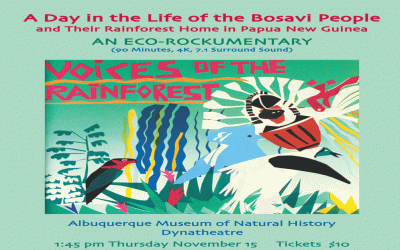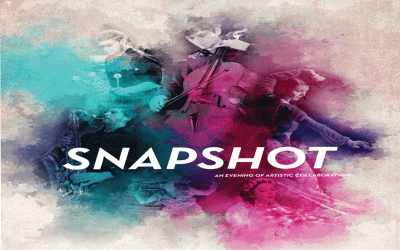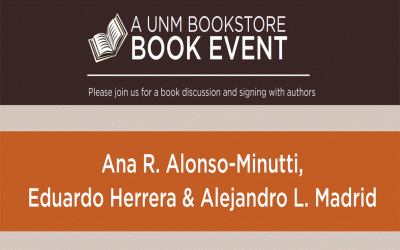Flutist Camilla Hoitenga will be in town and on campus from Thursday, October 22nd to Monday, the 26th. She will be working with the flute students, composition students, coach the NMNM flutist on a piece by Saariaho, and work with composition professor Karola Obermueller on her flute solo piece for a studio recording for the upcoming WERGO portrait CD.
Camilla Hoitenga is at home on stages all over the world, performing in venues as diverse as Carnegie Hall in New York, the Royal Festival Hall in London, the Kremlin in Moskow and the Forbidden City in Beijing, China, playing not only the C-flute but also the alto, bass, and piccolo flute and other varieties of her instrument.
In addition to her intensive collaborations with Saariaho, Köszeghy and Stockhausen, she has had pieces dedicated to her by wide range of composers, including Donnacha Dennehy, Christopher Fox, Miyuki Ito, Anne LeBaron, Arvydas Malcys, Michele Rusconi, Oliver Schneller, Helena Tulve, Jovanka Trbojevic, Andreas Wagner, and Bryan Wolf.
A Day in the Life of the Bosavi People
A 90 minute, 4K, 7.1 surround sound eco-rockumentary concert of a day in the life of the Bosavi people and their rainforest home in Papua New Guinea, directed and produced by Steven Feld and based on recordings and images from 1976-2018.
Snapshot
A Collaborative program featuring both student and faulty from the departments of Music and Theatre & Dance.
Dr. Ana R. Alonso-Minutti Releases Book of Co-Edited Collection of Essays
A Book Presentation & Signing event for Dr. Alonso-Minutti co-edited collection of essays, Experimentalisms in Practice: Music Perspectives in Latin America, published by Oxford University Press earlier this year, at the UNM Bookstore.



